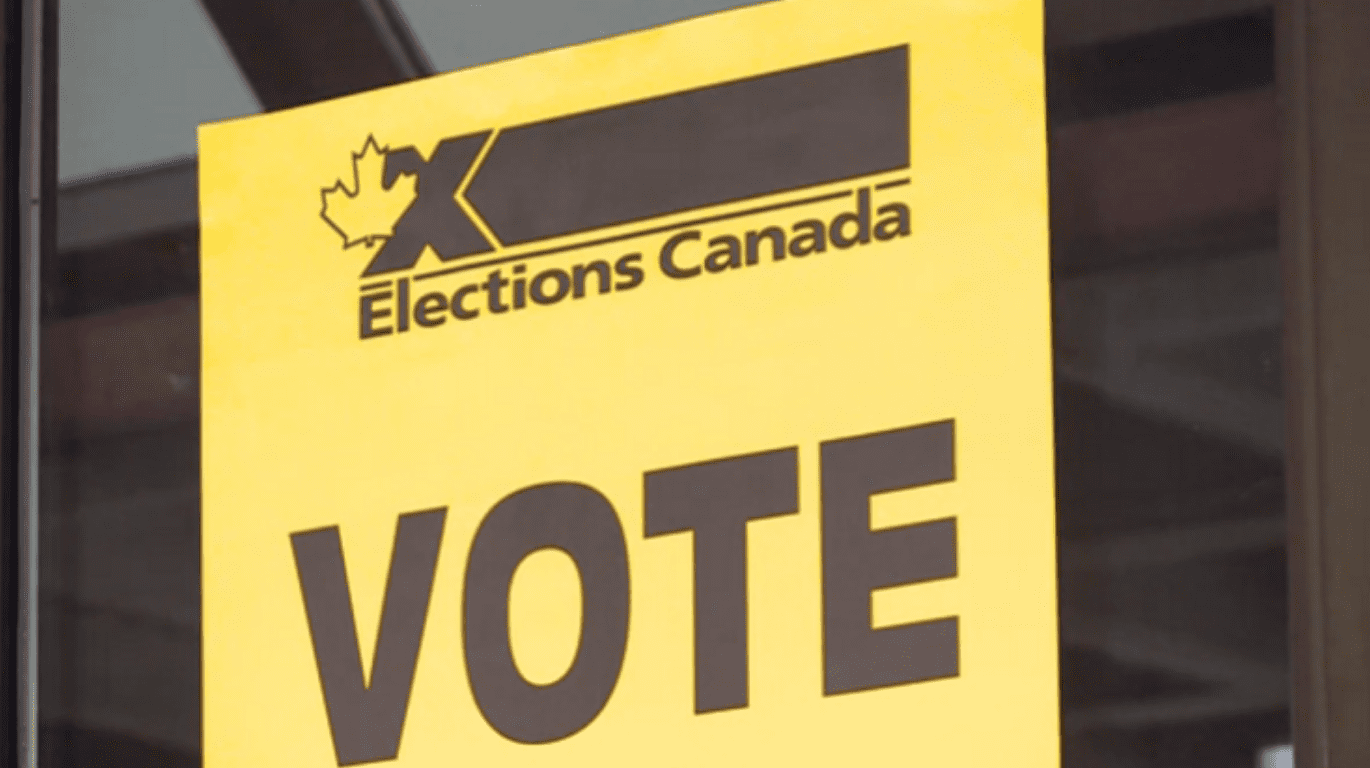What is Elections Canada thinking?
This week, they put out a series of tweets saying: “ATTENTION STUDENTS! Many of you have asked us about whether you’ll be able to vote on campus for #Elxn44. Due to the challenges brought on by the pandemic and the minority government situation, we are not able to run the Vote-on-campus program this election…Students have several options. We encourage you to apply early to vote by special ballot – either by mail or at an EC office – these options offer flexibility for your schedules and circumstances. Learn more about voting for students… We will continue our communications and outreach efforts to be sure students have what they need to vote, and we look forward to offering vote-on-campus at future elections.”
This is utter nonsense and needs to be fixed immediately.
Elections Canada is running seniors’ mobile polls at long-term care homes and retirement homes across the country; campuses involve less coordination, not least because of COVID-19 concerns.
More to the point, voting is a habit, one that if started young can become lifelong.
For myself and millions more, our first vote was on campus. I remember voting for the first time in the 2008 election, having received a letter from my Dean of Students to prove I lived in residence. I walked across the street and cast a ballot. A few years later, I got involved in politics through my campus, as friends insisted I join them for an event in the basement of Victoria College with some Montreal MP named Trudeau.
Indeed, in the 2015 federal election, I was one of the Young Liberals of Canada’s youth campaign co-chairs. Our main youth strategy in that insurgent campaign involved mobilizing young people on campuses. The youth vote increased from 55% turnout in 2011 to 67% turnout in 2015. There were over 300 campus events in the lead up to the election, with over 2000 on-campus volunteers. We targeted 80 constituencies with significant student populations; we won 69 of those target seats, a success rate of 86%, and often by narrow margins.
As my co-chair and I wrote in The Huffington Post at the time, “In Ottawa Centre, for instance, the Environment and Climate Change Minister, Catherine McKenna, credits an increase from 150 votes on Carleton University’s campus in 2011 to 488 votes in 2015 with helping her pull off an underdog victory on election day”.
But more than this trip down memory lane – for, as I go out canvassing for friends running in the GTA this time, it is decidedly clear that seven years on, as a Millennial, I’m no longer one of the “youths” – the point I am driving at is campus politics is vital to engaging this new Gen Z generation in the political process. The same fond stories I can recall are shared by Tory and NDP friends who also cut their teeth in politics through campus involvement.
Voting is a habit like any other. Those who vote once are more likely to do so again, and those who miss elections in their youth are less likely to become voters in adulthood. This isn’t complicated; it’s basic psychology.
Elections Canada has a duty to democracy to ensure youth can vote, that the process is fair, simple and close to home, including on campuses. To put a firm point on it: students, living away from home for the first time, deserve the same accommodations as do seniors living in retirement homes. In both cases, the central issue is that the voter is essentially away from home for the first time, and this creates complexities in terms of proving addresses, and whereas seniors are older and might have cognitive or physical issues requiring assistance voting, youth are voting for the first time and need another form of assistance.
This is Elections Canada’s job: to facilitate the democratic process, not to impede it. They need to allow youth to vote on campuses. I’m shocked this even needs to be said in Canada.






